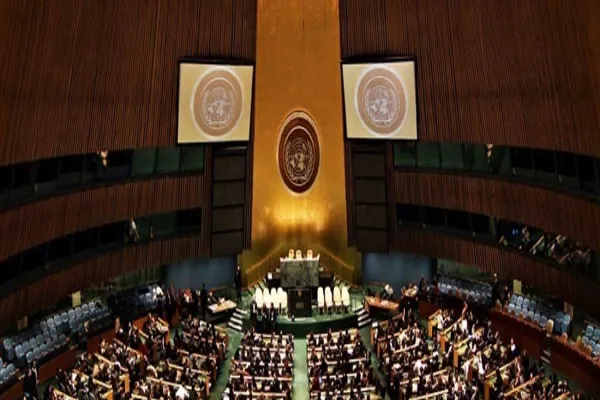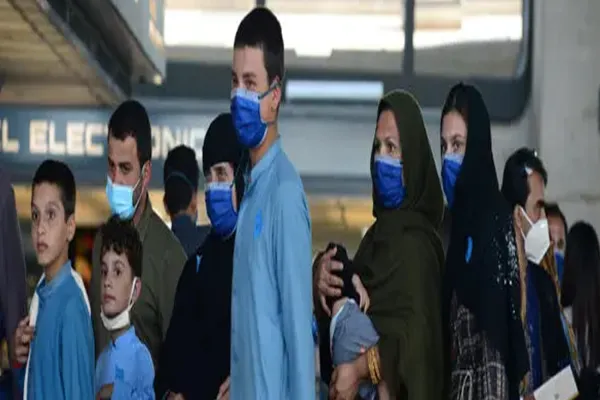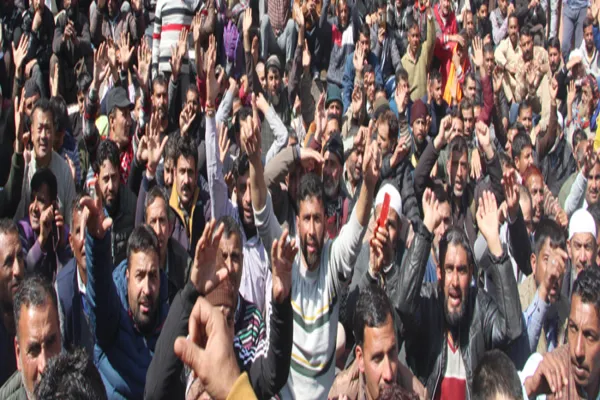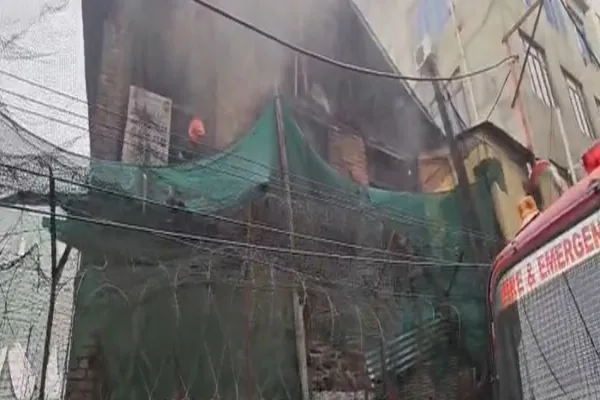i NEWS INTERNATIONAL
US Secretary of State Antony Blinken will leave Thursday on his fourth crisis trip to the Middle East, an official said, as fears mount that the Israel-Hamas conflict will spiral into a regional war. The top US diplomat will leave Thursday evening from Washington on a trip that will include Israel, the US official said Wednesday on condition of anonymity. The official did not offer any further detail but Blinken on previous trips has visited a number of Arab countries. It will mark Blinken's fourth trip to the region and fifth to Israel -- excluding a visit accompanying President Joe Biden -- since Hamas militants carried out the deadliest-ever attack inside Israel on October 7, triggering massive retaliation. On Tuesday, a suspected Israeli strike killed a top Hamas leader in the suburbs of Beirut, raising fears of a wider war. "It is in no one's interest -- not in the interest of any country in the region, not in the interest of any country in the world -- to see this conflict escalated any further than it already is," State Department spokesman Matthew Miller said earlier Wednesday. Inside Iran, whose clerical leaders back Hamas, bomb blasts on Wednesday killed at least 95 people as they ripped through a crowd commemorating Revolutionary Guards general Qasem Soleimani, who was killed exactly four years earlier in a US strike ordered by Biden's predecessor Donald Trump.
The United States denied either it or Israel were involved, with a senior Biden administration official saying it appeared to be a "terrorist attack" along the lines of those carried out by the Islamic State extremist group, which staunchly opposes Shiite-majority Iran. The Biden administration has backed Israel both with public and diplomatic support and with weapons, with Blinken days ago again bypassing congressional review to rush a sale of weapons to Israel. Biden's approach has provoked fury in parts of the Arab world and has proven to be a liability with much of the left-wing base of his Democratic Party, less than a year before elections. But the Biden administration has also voiced exasperation with Israeli Prime Minister Benjamin Netanyahu and the heavy toll on civilians in the Gaza Strip, as well as provocative statements from Netanyahu's far-right coalition partners. The State Department has criticized Israeli National Security Minister Itamar Ben-Gvir, who has called for the removal of Gazans from the Palestinian territory. Hamas fighters infiltrated Israel on October 7, killing around 1,140 people, most of them civilians. In response to the deadliest attack in its history, Israel launched a relentless offensive that has reduced vast swathes of Gaza to rubble and claimed over 22,300 lives, according to the health ministry in the Hamas-run territory.
Gaza war tensions spike Fears that Israel's war in Gaza could spiral across the Middle East mounted Wednesday after twin explosions ripped through an Iranian crowd, claiming at least 103 lives following a strike in Lebanon that killed Hamas's deputy leader. More than 200 other people were wounded when the blasts about 15 minutes apart struck mourners commemorating slain Revolutionary Guards general Qasem Soleimani on the fourth anniversary of his killing in a United States drone strike, Iran's state media reported. No group claimed responsibility for the blasts which were the country's deadliest attack since a 1978 arson that killed at least 377 people. State-run TV labelled the blasts a "terrorist attack". They came with regional tensions already soaring a day after the Beirut strike which killed Hamas number two Saleh al-Aruri. A US official on Wednesday told a foreign news agency "an Israeli strike" took the life of Aruri, the most high-profile figure killed during the nearly three months that Israel has been at war with Hamas in the Gaza Strip.
Following Tuesday's unclaimed Beirut attack, Israeli army spokesman Daniel Hagari said the military was "highly prepared for any scenario". He did not comment directly on the killing of Aruri, who Hamas said will be buried on Thursday in Beirut's Shatila Palestinian refugee camp. Israel and Iran have long been bitter enemies. Violence involving Iran-backed groups in Lebanon, Iraq, Syria and Yemen has spiked during the Gaza war sparked by the unprecedented October 7 attack by Palestinian militant group Hamas on southern Israel. There have been repeated, deadly exchanges of fire across the Lebanon-Israel border, attacks on shipping in the Red Sea area vital for global trade, and strikes against US-led coalition forces in Iraq and Syria. More intense wider warfare has so far been avoided, but the Iran blasts rattled global markets, sending oil prices up by more than three percent. Following the Aruri killing, Germany warned its citizens to leave Lebanon quickly and said, "further deterioration of the situation and expansion of the conflict cannot be ruled out".
Credit: Independent News Pakistan (INP)









